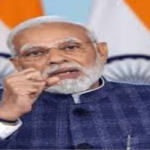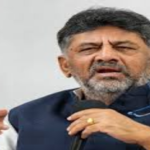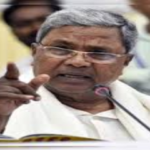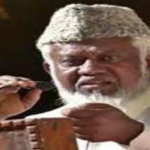India’s first H3N2 virus death confirmed in Hassan, Karnataka.

Days after Karnataka health minister K Sudhakar said there is no need to panic over influenza A H3N2 variant virus infection, the state on Friday reported its H3N2 virus first death .Earlier this week, health minister Sudhakar held a meeting with the technical advisory committee and senior officials in the state in view of the sudden spike in H3N2 virus infection The victim, identified as an 82-year-old man from Alur Taluk of Hassan district died on March 1, health department officials said on Friday.
The victim suffered from fever, sore throat and cough, and had symptoms of influenza-like illness (ILI). He was admitted to the Hassan Institute of Medical Sciences on February 24 and died on March 1, said Dr Shivaswamy DN, district health officer (DHO), Hassan, said.
Shivaswamy confirmed the virus was detected on March 6 after the victim’s death and health officials are conducting surveillance in the area to trace the primary and secondary contacts of the victim. However, no new cases have been reported in the district so far, he added.
“We sent the first information report (FIR) and conducted surveillance in the area. We are still conducting surveillance to trace the primary and secondary contacts. If we find ILI-like symptoms, we will collect the swab samples and send it for further testing,” the DHO said.
Influenza-like illness is a nonspecific respiratory illness characterized by fever, fatigue, cough, and other symptoms that stop within a few days.
Shivaswamy said during the surveillance, they did not find any other person who is symptomatic. “Preliminary investigation shows that it is an isolated incident. The victim lived in a secluded house on his farm. There are no houses in the surrounding areas,” he added.
Earlier this week, health minister Sudhakar held a meeting with the technical advisory committee and senior officials in the state in view of the sudden spike in H3N2 virus infection.
Noting that 20 cases of H1N1 were detected from January to March, Sudhakar said, 26 cases of H3N2, 10 cases of Influenza B 10, and 69 cases of Adeno were detected.“The central government in its guidelines has set a target of 25 tests per week and we are screening 25 cases of SARI (severe acute respiratory infections) and ILI (influenza-like illness) in Victoria and Vani Vilasa Hospitals to keep track of the variants,” Sudhakar said.
The health minister said the infection can be seen in children under 15 years, and in senior citizens above 65 years, pregnant women are also more likely to get infected.
He said the spread can be prevented through measures such as cleanliness, preventing crowding, and hand hygiene.According to Randeep Guleria, chairman of the Institute of Internal Medicine Education, the H3N2 virus, a mutation of the H1N1 virus, spreads every year around this time.
According to the scientists at the Indian Council of Medical Research (ICMR), the H3N2, which has been in wide circulation for the past few months, causes more hospitalisations than other subtypes ICMR has said they have started pan-India respiratory surveillance across 30 viral research and diagnostic laboratories.






